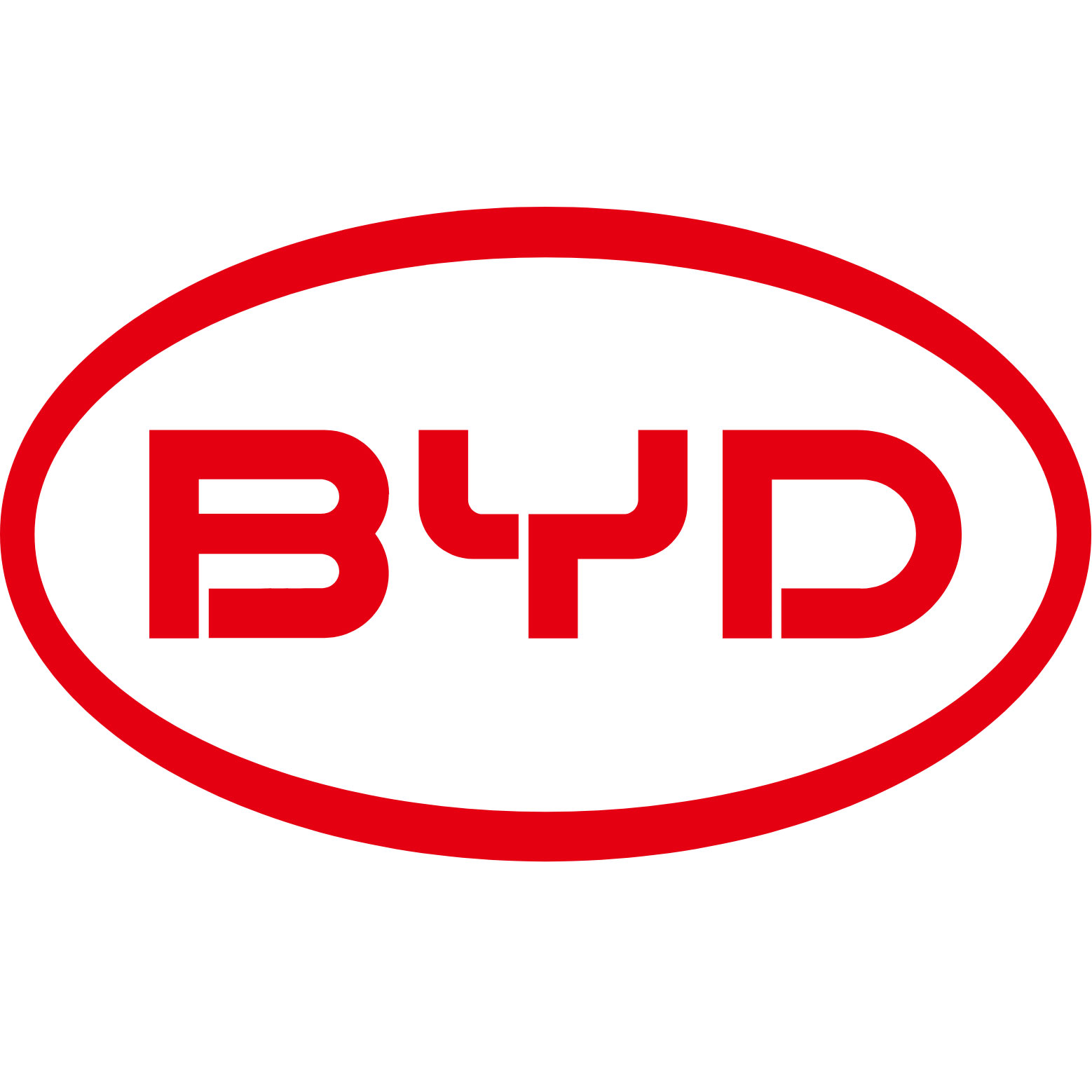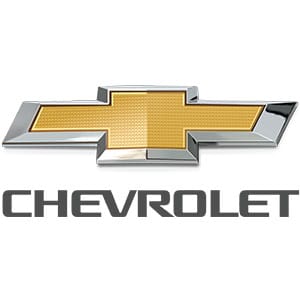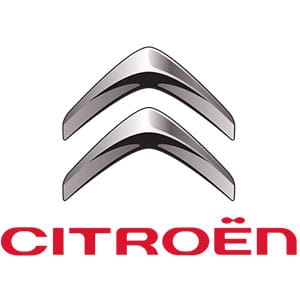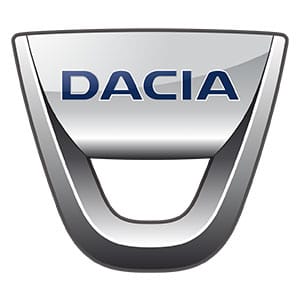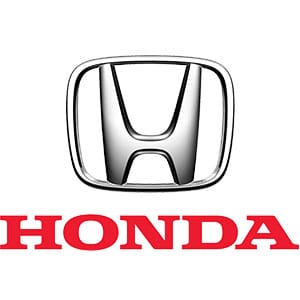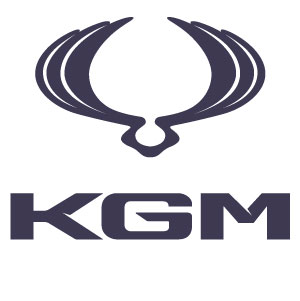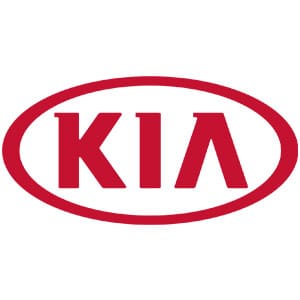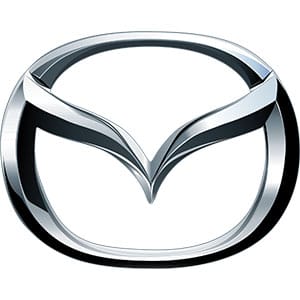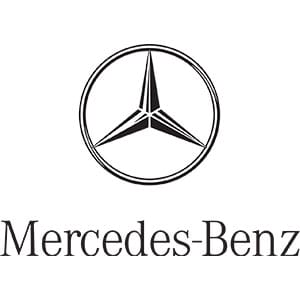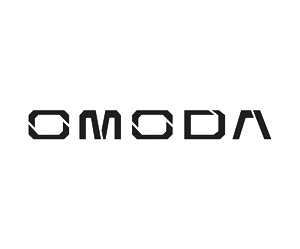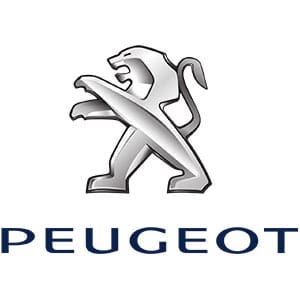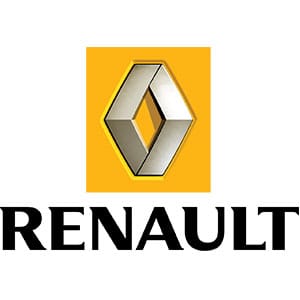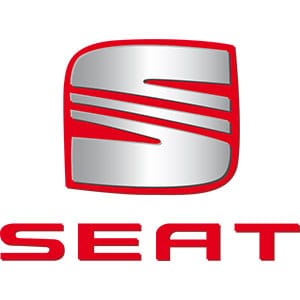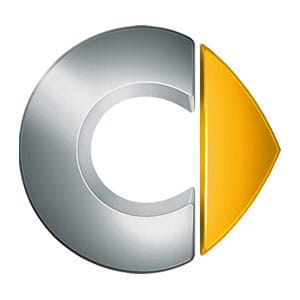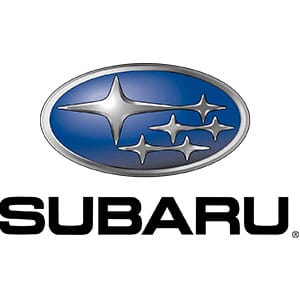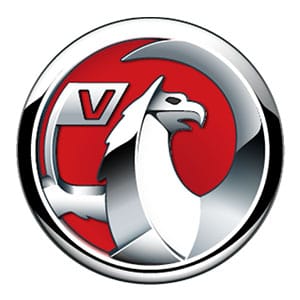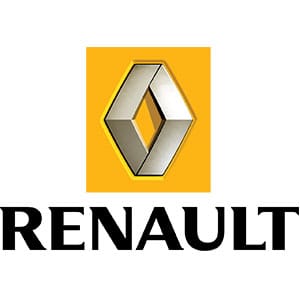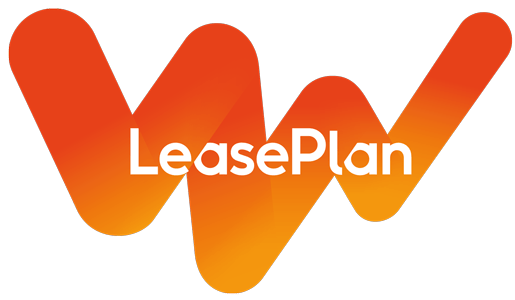With more and more fuel options available, how do you know which one to choose for a new lease car?
Spoilt for choice
Choosing the best lease car for your needs is more complicated than ever before. This is mainly because of the choice of fuels available. Petrol, diesel, petrol-electric hybrids, pure electric, and even hydrogen-powered cars are all in the mix. Each fuel type comes with benefits. So what are the specific benefits of each? Sales of petrol cars have seen exponential growth in recent years. According to stats produced by the SMMT, new petrol car registrations grew by 9% in 2018, compared with a 32% decline in sales of their diesel counterparts. Advancements in petrol engine technology have made petrol-powered vehicles highly efficient when used regularly, and that has brought them right into line with today’s more stringent regulations surrounding CO2 emissions. That, together with improved fuel economy, has brought petrol cars into direct competition with diesel.
Diesel isn’t dead yet
Although it's true to say that privately-owned diesel cars now depreciate in value more rapidly than the petrol equivalent, that doesn't apply to leased vehicles. When you lease a car, you hand it back at the end of the lease period. So, the residual value is not your problem. Also, when you lease a diesel, you are leasing a brand-new car, which will meet the latest strict Euro 6 emission standards. That means you'll also avoid planned inner-city congestion charges that are due to be implemented in 2019. Remember, too, that the cost of taxing the car is borne by the owner, and that's the leasing company. Therefore, you won't be subject to the higher tax rates that are applied to diesel vehicles as they age.
Hybrids: the best of both worlds?
Buying a hybrid or electric model outright is much more expensive than purchasing a petrol or diesel car. However, leasing means that you only pay the depreciation costs, rather than the whole car. Also, even though you will probably pay slightly more each month to lease a hybrid car, the potential fuel savings you'll make over a couple of years will most likely offset that. And the more mileage you do, the more savings you will make. Other potential benefits of leasing a hybrid car include home charging subsidies, ultra-low-emission zone congestion charges, and certain fuel tax perks.
Electric could be the way to go
If you choose an electric car, the benefits of leasing are dramatically increased. No longer will fueling up on chilly, dirty service station forecourts be necessary, as you can “fill up” your electric vehicle by plugging it in at home, at work, or when you’re out and about. On the downside, a subsidised plug-in point at home will cause your electricity bill to rise slightly, but the Government reckons that battery-powered cars cost under 4p per mile to run, and that's about one-third of the cost of a traditional internal combustion engine vehicle. If you choose to lease a new electric car, you will also make gains from gaining a brand-new battery that's covered by the manufacturer's warranty, so you will never be liable for high replacement costs should your car's battery fail. Nor will you be slapped with congestion charges. Servicing costs for electric cars are comparatively low, and if you're a business user, you'll find plenty of Government tax incentives too.
Final thoughts
When it comes to choosing a lease car, you’re spoilt for choice as far as engines are concerned. Petrol cars are still a pretty good choice, and diesel still gives you a pretty decent bang for your buck. However, given the potential fuel and other savings you can expect, hybrids and electric cars look certain to be the way forward. And you’ll have dinner party bragging-rights on how your eco-friendly motoring is contributing to saving the planet!








